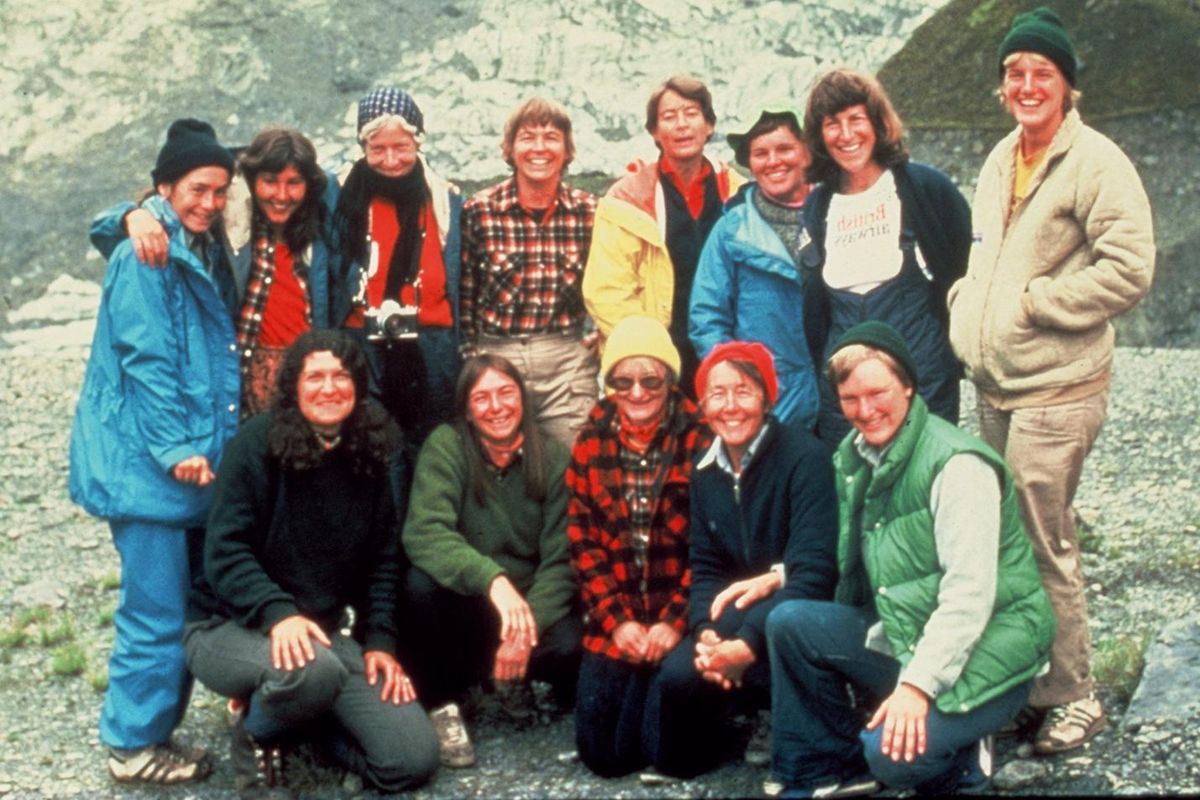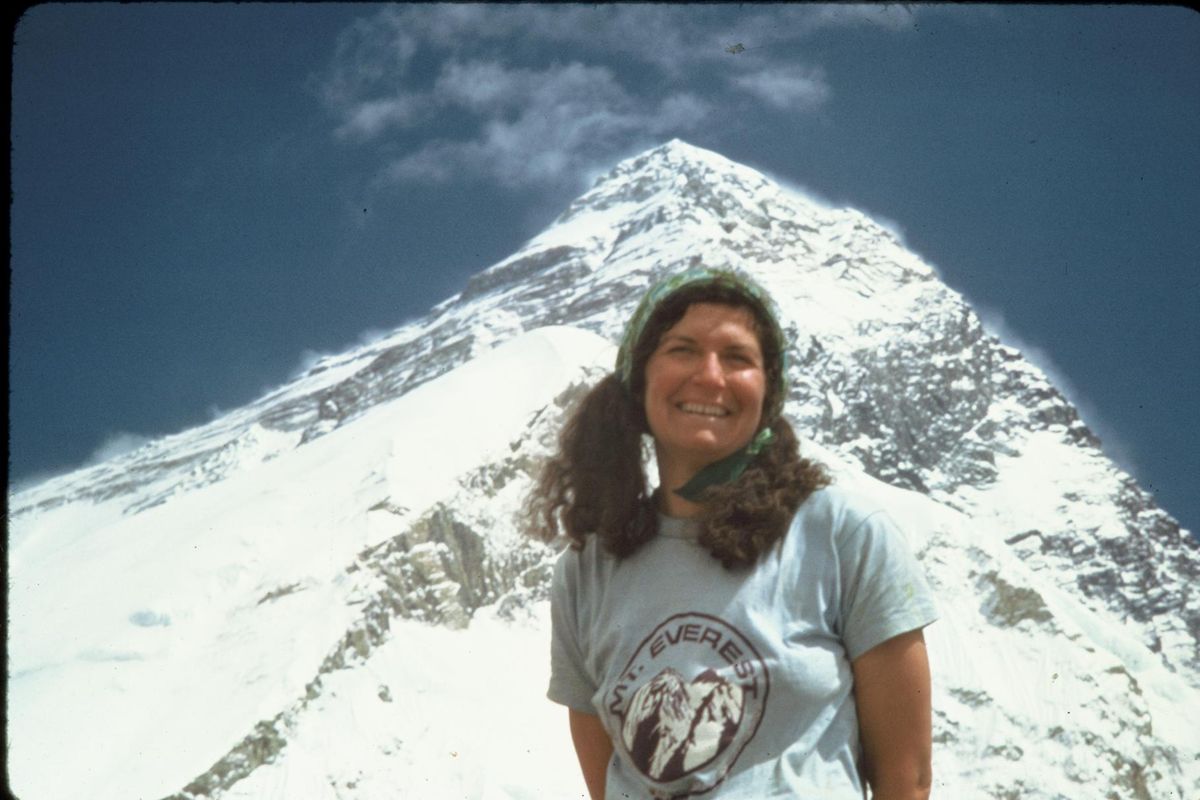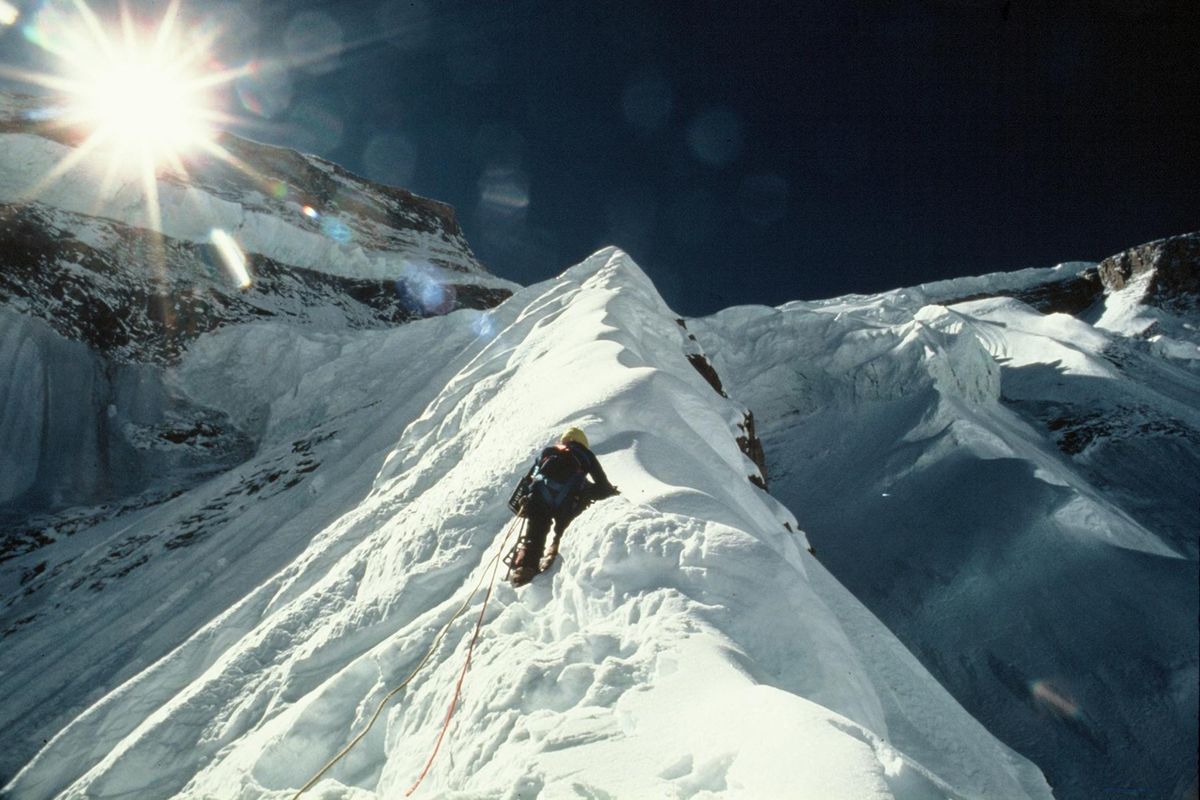Arlene Blum, a pioneer among female climbers, set to speak in Spokane

Arlene Blum has suffered and reaped the rewards.
Bagging the world’s tallest peaks, she’s seen friends and teammates die. Been sickened and injured herself and had to make life-or-death decisions. She’s also witnessed firsthand the raw beauty of a sunrise above 20,000 feet and basked in the glow of success after summiting some of the world’s toughest peaks.
Now, years after retiring from the risky game of high-altitude Himalayan climbing, Blum finds herself facing perhaps an even more daunting challenge:
Reducing the production and use of harmful chemicals.
“I like to say what I’m doing now, working to reduce harmful chemicals and producers in the world, is harder and more dangerous and more rewarding than perhaps climbing the world’s most dangerous peak,” she said.
Blum will talk about her climbing career, and her work to reduce the use of toxic chemicals on Jan. 21 at an event hosted by the Spokane Mountaineers. For the climbers out there, it’s a good chance to meet one of the pioneers of the sport.
In 1978, she led an all-woman’s team to Annapurna, often called the world’s most dangerous mountain.
The tag line of the trip? “A woman’s place is on top.”
At that time only eight people, all men, had climbed 26,545-foot Annapurna. With 35% of all Annapurna’s would-be climbers dying, the mountain’s death rate makes Mount Everest (3.87 %) look like a playground.
Blum didn’t summit, although some in her party did. Two other women died on the mountain.
Blum was also part of the first all-woman team to climb Mount Denali in 1970. She also climbed Mount Everest in 1976, although she didn’t summit.
Blum attempted a 2,000-mile traverse of the Himalayas before becoming a mom, at which point she “stopped doing life-threatening things.”
Arlene Blum stands in front of Mount Everest during a successful 1976 expedition. (Arlene Blum/COURTESY / COURTESY)
That hardly kept her at home. Instead, she decided to take her 4-month-old daughter on a 900-mile trek across the Alps.
“I believe that parents continuing to pursue the activities they love is of benefit to their children,” Blum told the Los Angeles Times in 1987. “I can continue having adventures and incorporate her into my activities.”
She continued to do “family adventures” which, for most, would be lifetime achievements. As her daughter got older, she found herself looking for a new challenge and quest.
Blum, who received her Ph.D. in biophysical chemistry from UC Berkeley, made waves in the public health sector. Starting in the 1970s, her research uncovered that chlorinated Tris, a chemical used in children’s pajamas to make them flame-retardant, was carcinogenic. Eventually, her work and advocacy resulted in a ban.
In 2008, she founded the Green Science Policy Institute after she learned that the same chlorinated Tris that her research had helped remove from children’s pajamas in the 1970s was back in furniture and baby products.
Since then, the institute has successfully stopped the addition of those chemicals to many products.
Lately, she’s found herself working more with the U.S. military.
That brings us back to Spokane.
In 2017, it was announced that the city of Airway Heights’ water supply had been contaminated by polyfluoroalkyl substances that had seeped into the water supply from nearby Fairchild Air Force Base.
PFAS chemicals have been used since the 1950s in industry and consumer products, including a fire retardant foam that seeped into groundwater from training sites at Fairchild. The discovery of the chemicals prompted Airway Heights to flush millions of gallons of tainted water from its tap system. The city now pipes in water from Spokane.
Blum has lobbied lawmakers and the military to change its regulations around PFAS for roughly four years.
That persistence has paid off.
In December, federal lawmakers approved the National Defense Authorization Act for 2020. The nearly 3,500-page bill includes, among many other things, a “whole list of really strong provisions that will prevent more Fairchilds,” Blum said.
Like mountain climbing, that kind of tangible success takes years of planning and collaboration.
“We’re all roped together in this endeavor,” Blum said. “And if we’re not successful, it can be fatal for the planet.”




